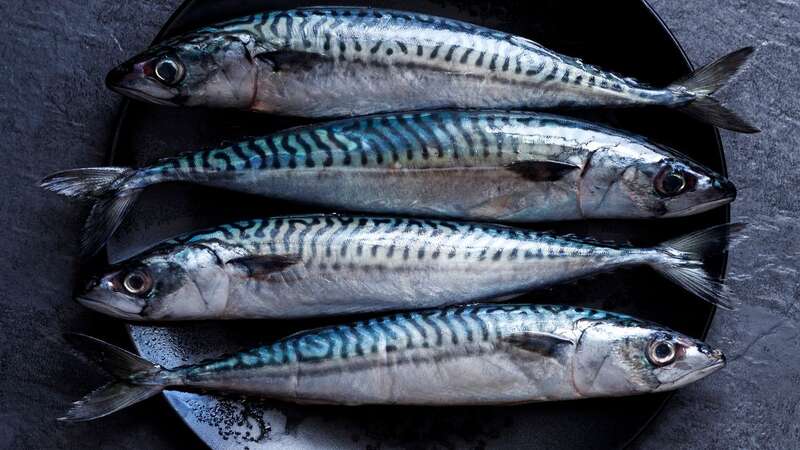Eating herring and sardines instead of red meat could save up to 750,000 lives a year, according to a new study.
It could also reduce the prevalence of disability due to diseases like diabetes caused by bad diet. Non-communicable disease linked to red and processed meat caused 70 per cent of all deaths in globally in 2019. Coronary heart disease, stroke, diabetes, and bowel cancer made up 44 per cent of the total.
Fish such as herring and sardines, known as forage fish as they are preyed on, are rich in omega-3 oils which may prevent coronary heart disease, as well as being abundant in calcium and vitamin B12. At the moment three quarters of these fish are caught by poorer countries in the Global South but are used as fish feed on farms to produce fish for overseas markets. But the low to middle income countries where these fish are cheap and plentiful often have a high toll of heart disease.
For the study, published in the journal BMJ Global Health, the researchers created four different scenarios, each representing a different pattern of forage fish using data for projected red meat consumption in 2050 for 137 countries and historical data on the forage fish catch from marine habitats.
Their analysis shows that if widely adopted for direct human consumption, forage fish would potentially provide substantial public health benefits, particularly in reducing coronary heart disease. Globally, it could prevent half a million to 750,000 deaths from diet related disease in 2050.
 Queen honoured in London New Year's fireworks before turning into King Charles
Queen honoured in London New Year's fireworks before turning into King Charles
It could also avert eight to 15 million years of life lived with a disability, most of which are concentrated in low and middle income countries. Lead author Shujuan Xia from the National Institute for Environmental Studies, Tsukuba, Japan said: "Forage fish, as highly nutritious, environmentally friendly, affordable, and the most abundant fish species in the ocean, are receiving increasing interest from a global food system perspective.
"However, little research has examined the impact of replacing red meat with forage fish in the global diet on diet-related non-communicable disease. Despite the theoretical potential of forage fish, several barriers, such as fish meal and oil processing, overfishing, climate change, and cultural acceptance may prevent the health benefits of forage fish from being realised.
"Multi-sectoral policy coordination and action, ie prioritising access to affordable fish, such as forage fish, for the poor and promoting the use of nutrient-rich microalgae as fish feed, could help to address some of these barriers."
Promoting healthy lifestyles, increasing family and community support and raising awareness of the link between disease and diet could all help the changes. Other strategies, such as climate change impact menu labels on food and consumer education on the high nutritional value and lower chemical levels in forage fish, could also help promote the switch away from red meat.
Read more similar news:
Comments:
comments powered by Disqus

































